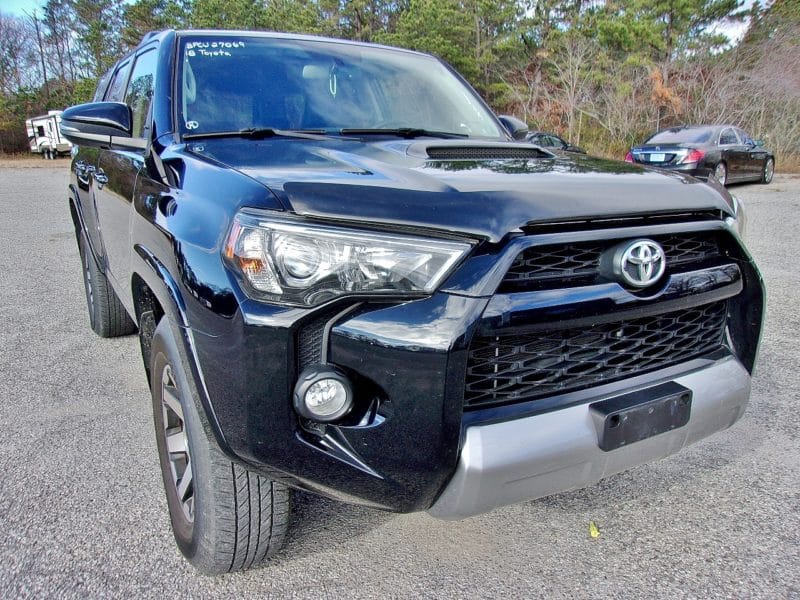This agreement is between the Lender and the Borrower for the purchase of a Vehicle. The Borrower agrees to pay the Lender the total amount financed, plus any applicable taxes, fees and charges. The Borrower also agrees to maintain insurance on the Vehicle as required by this agreement.
If the Borrower defaults on this agreement, the Lender may require that the Borrower return the Vehicle or may take possession of it.
If you’re financing a vehicle, the lender will likely require you to sign a security agreement. This document outlines your obligations in the event that you default on the loan. Here’s what you need to know about security agreements and how they work.
A security agreement is a contract between a borrower and a lender that outlines the terms of Collateral for a loan. The collateral is usually the vehicle being purchased with the loan funds. In the event that the borrower defaults on the loan, the lender has the right to seize and sell the collateral to recoup their losses.
Security agreements are typically used when financing vehicles, but can also be used for other large purchases like real estate or machinery. If you’re considering financing a major purchase, be sure to ask if a security agreement is required.

Credit: maltzauctions.com
What is a Security Agreement on a Vehicle?
A security agreement is a contract between a borrower and a lender that pledges collateral to secure the loan. The collateral for a car loan is usually the vehicle itself. If the borrower defaults on the loan, the lender can repossess the vehicle.
What Does a Security Agreement Cover?
A security agreement is a contract between a borrower and a lender that outlines the terms of a loan. The agreement includes provisions for collateral, which is property that the borrower pledges as security for the loan. If the borrower defaults on the loan, the lender can seize and sell the collateral to repay the debt.
Security agreements are typically used in loans for large purchases, such as real estate or vehicles. The agreement protects the lender’s interest in the property by giving them a legal claim to it if the borrower fails to make payments. It also allows the lender to repossess and sell the property without going through lengthy and costly foreclosure proceedings.
Is a Security Agreement the Same As a Loan Agreement?
No, a security agreement is not the same as a loan agreement. A security agreement is a contract between a borrower and a lender in which the borrower agrees to pledge collateral for the loan. The collateral may be in the form of cash, investments, property, or personal belongings.
If the borrower defaults on the loan, the lender has the right to seize and sell the collateral to repay the debt. A loan agreement is simply a contract between a borrower and a lender that outlines the terms of the loan, such as repayment schedule, interest rate, and length of time.
What Does Holder of Security Interest Mean?
When a lender extends a loan to a borrower, the lender usually requires some type of collateral. This gives the lender a “security interest” in the property that is being used as collateral. If the borrower defaults on the loan, the lender can take possession of the collateral and sell it to recoup its losses.
A security interest is not the same thing as ownership. For example, if you take out a loan to buy a car, the lender does not own the car. You are still responsible for making monthly payments and maintaining the vehicle.
However, if you default on your loan, the lender can repossess your car and sell it to someone else.
The term “holder of security interest” simply refers to whoever has a security interest in a particular piece of property. In most cases, this will be the lending institution that provided financing for the purchase of that property.
Security Agreement for Car Loan
If you’re taking out a loan to buy a car, the lender will likely require that you sign a security agreement. This agreement gives the lender the right to take back possession of your car if you fail to make your loan payments.
The security agreement is a binding contract between you and the lender.
It spells out the terms of your loan and what will happen if you can’t make your payments. When you sign it, you’re agreeing to give the lender certain rights in case of default.
One of those rights is called repossession.
If you default on your loan, the lender can take back your car without going through legal proceedings. This is called voluntary repossession. You might voluntarily surrender your car if you know you can’t make the payments and want to avoid further damage to your credit score.
Or, the lender may decide to repo your car on its own. This is called involuntary repossession and it usually happens after repeated attempts to collect payment from you have failed. Involuntary repossession can be damaging to your credit score, so it’s best to avoid it if at all possible.
If your car is repossessed, the lender will sell it at an auction and use the proceeds to pay off part or all of your outstanding loan balance. You’ll still be responsible for any remaining balance, plus any fees associated with the repossession and sale of your vehicle.
Conclusion
If you’re financing a car, you’ll likely have to sign a vehicle security agreement. This document outlines the lender’s interest in the vehicle and your obligation to repay the loan. It also gives the lender the right to repossess your car if you default on the loan.